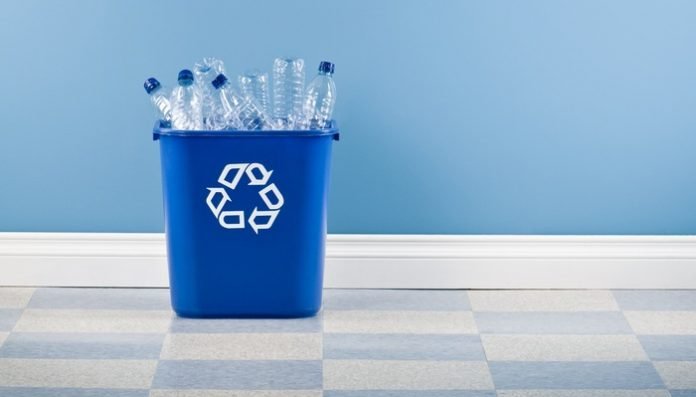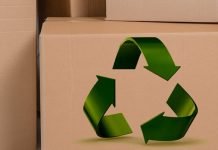As per Plastics Recyclers Europe, the overall European installed plastics recycling capacity witnessed a 7% dip in growth rate year-on-year and touched 12.5 million tonnes in 2022, thereby potentially putting Europe at risk of missing its legislative targets.
The latest report goes on to examine 850 varied recycling sites throughout Europe, most of them small, having an average capacity of 15,000 tonnes. Plastics Recyclers Europe goes on to state that the plastics recycling sector happens to have more than 30,000 workers and is responsible for a turnover of €10.4 billion.
The dip in the growth rate from 17% to 10% YoY is attributed to massive market disruptions which the European market has been facing since 2020.
Plastics Recyclers Europe President Ton Emans says that progress is indispensable for making sure of the viability of the plastics recycling industry. While the commitment from recyclers goes on to remain strong, their sector has faced challenges that have been unprecedented, first due to the halt of activities throughout the COVID-19 outbreak and then the energy crisis in 2022.
Recently, in 2023, concerningly less demand for recyclates hit the industry, thereby resulting because of low prices for virgin plastics due to less industrial production across the EU and also cheap imports when it comes to recycled plastic from outside of the EU. Going forward, legislative measure enforcement is going to be essential in making sure that the progress is continued.
It is well to be noted that this report happens to be Plastics Recyclers Europe’s first to differentiate between polyethylene and polypropylene, which happened to be previously combined into a single figure.
Apparently, flexible polyolefins, PET, as well as rigid polyolefins, are the polymer grades having the highest capacities, says the report, and they go on to comprise more than 80% of the total recycling capacity. Italy, Germany, Spain, the UK, as well as France make up 60% of the geographic dispersion when it comes to recycling activities.
Polyethylene as well as polypropylene flexibles are thought to hold the largest relative share when it comes to installed recycling capacity as compared to other polymers in places like Spain, Poland, Italy, and Belgium. Notably, in France, PET makes up around one-third of the total capacity.
Belgium, the Netherlands, Poland, and Romania are reported to have experienced the most rapid of the capacity growth as compared to the previous year.
Plastics Recyclers Europe goes on to calculate that installed recycling capacity surged by 17% in 2021, with an anticipated investment total of €1.75 billion believed to have contributed to this. Nonetheless, reduced demand is feared to have decreased the growth rate of recyclate production and also threatened the probability of achieving legislative aims.
Besides this, plastic recycling activities are believed to have slashed more than 10 million tonnes of CO2 emissions in 2022.
Plastics Recyclers Europe expects new legislation such as the Packaging and Packaging Waste Regulation or even the End-of-Life Vehicles Directive to go ahead and implement new targets that will thereby aid in driving plastic waste management and also circularity in Europe. It recommends the creation of enforcement mechanisms and the harmonization of practices throughout the Member States so as to make further progress.
The company had previously asked for an independent third-party certification system so as to ensure transparency as well as traceability since low demand for recyclate manufactured in the EU and high imports from outside the continent happened to raise concerns for the European plastics sector.
This was thereafter followed by a manifesto wherein Plastics Recyclers Europe asked the EU to drive competitiveness as well as innovation for plastics, listing science-based policies, traceable imports, as well as realistic targets among the recommended points of priority.
In the meantime, another report coming from Eunomia and the Alliance to End Plastic Waste had sought harmonization in the push for improved mechanical recycling capacity as well as fulfilled recycling targets. They highlighted the requirement for a clear definition when it comes to quality specifications for mechanical recyclates in order to increase the volume of recycled content within the plastic products and also aid the plastics sector in meeting major application requirements.























